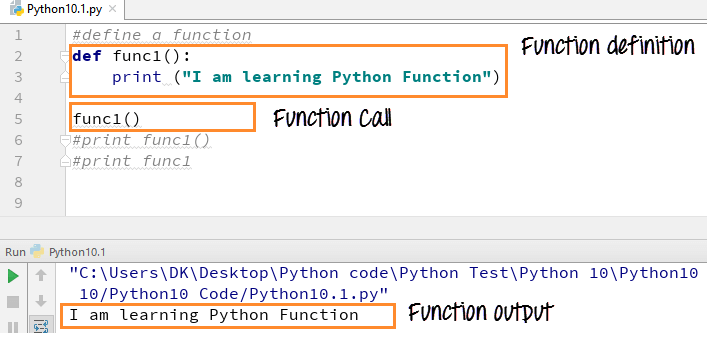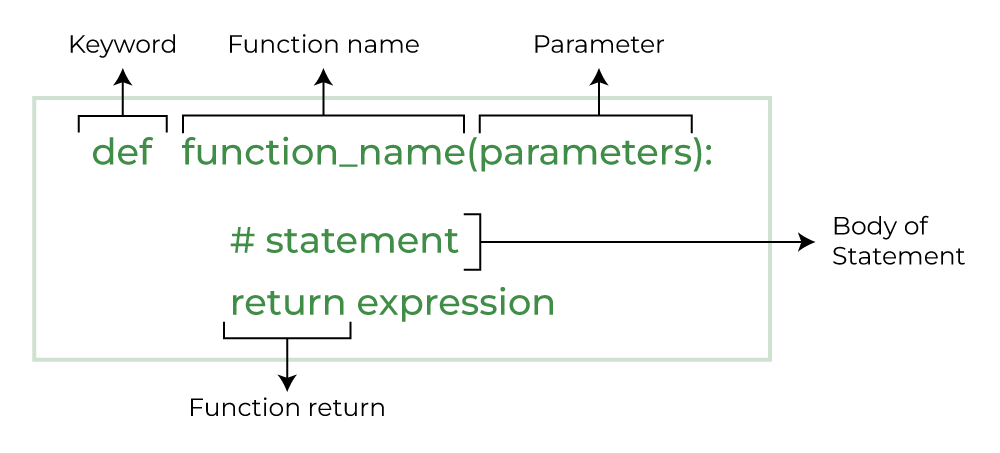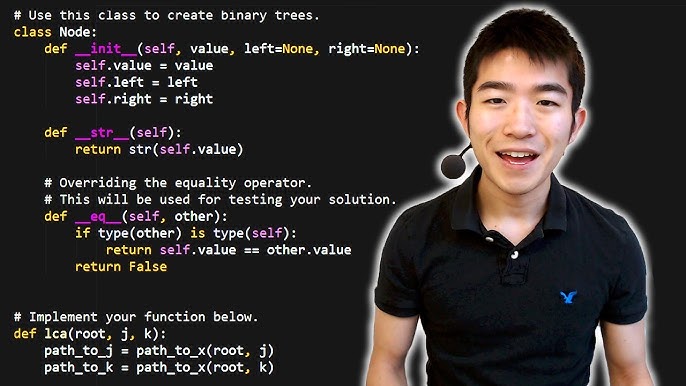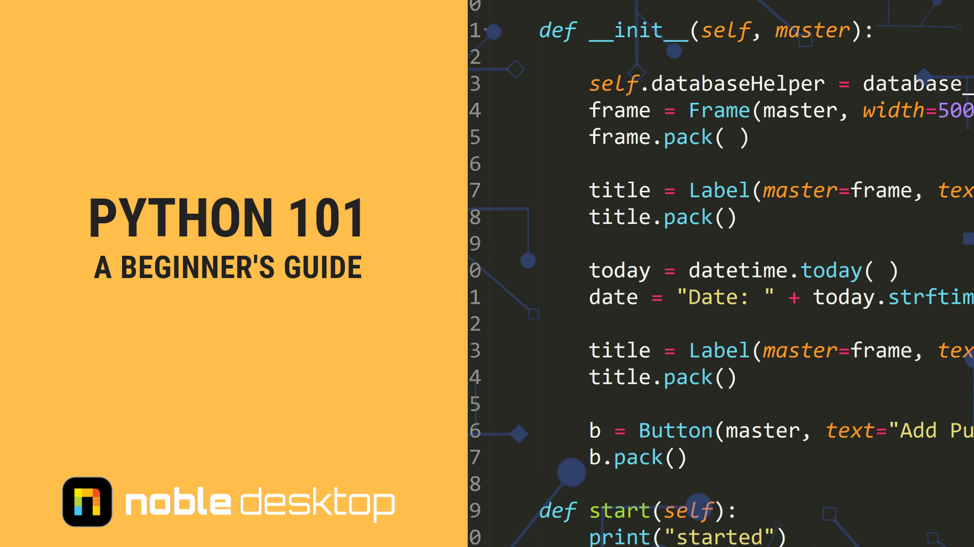What does the for function do in Python?
What does the for function do in Python?

I'm happy to respond in English!
The for statement in Python is used to iterate over a sequence (such as a list, tuple, dictionary, or set) or other iterable objects. It allows you to execute a block of code for each item in the sequence, making it a fundamental control structure in Python programming.

The basic syntax of a for loop is:
for variable in sequence:
code to be executed
Here, variable is assigned the value of the next item in the sequence on each iteration. The code to be executed will be run once for each item in the sequence.
When you use a for loop, Python automatically handles the iteration process for you. It keeps track of the current position in the sequence and assigns the corresponding value to the variable until the end of the sequence is reached.
Let's consider an example:
fruits = ['apple', 'banana', 'cherry']
for fruit in fruits:
print(fruit)
In this case, fruit will take on the values 'apple', 'banana', and 'cherry' one by one. The print(fruit) statement will be executed three times, printing each fruit name to the console.
The for loop can also be used with other iterable objects like dictionaries or sets:
ages = {'Alice': 25, 'Bob': 30, 'Charlie': 28}
for person, age in ages.items():
print(f"{person} is {age} years old.")
Here, the items() method returns a list-like object containing key-value pairs from the dictionary. The for loop assigns each pair to the variables person and age, allowing you to process the data.
Another common use case for the for loop is with file inputs or outputs:
with open('data.txt', 'r') as file:
for line in file:
print(line.strip())
In this example, the open() function opens a text file named data.txt. The readlines() method returns a list of lines from the file. The for loop iterates over each line and prints it to the console.
In summary, Python's for statement is an essential control structure that allows you to execute a block of code for each item in a sequence or other iterable object. It's widely used in various programming scenarios and helps simplify tasks involving loops.
What does python for do for beginners

I'm glad you asked! Python is an excellent language for beginners to learn and master. Here's why:

Easy to Learn: Python has a syntax that is designed to be easy to read and write, making it an ideal language for those who are new to programming. It has fewer lines of code compared to other languages, which means you can start building projects quickly.
Simple Syntax: Python's syntax is straightforward and uncomplicated. You don't need to worry about semicolons, parentheses, or brackets; just use indentation (spaces) to define the structure of your code. This makes it easy to focus on learning the concepts rather than getting bogged down in syntax details.
Versatility: Python is a versatile language that can be used for various applications:
Web Development: Build web applications using popular frameworks like Django, Flask, Pyramid, or web2py. Data Analysis and Visualization: Utilize libraries like Pandas, NumPy, Matplotlib, and Scikit-learn to work with data, perform statistical analysis, and create visualizations. Artificial Intelligence (AI) and Machine Learning: Leverage popular libraries like TensorFlow, Keras, or Scikit-learn for AI and machine learning tasks. Automation: Automate tasks, workflows, and processes using Python's scripting capabilities. Scientific Computing: Perform scientific simulations, data analysis, and visualization using NumPy, SciPy, and Matplotlib.Large Community: Python has a massive and supportive community, which means:
Tutorials and Resources: Find numerous online resources, tutorials, and courses to learn from. Libraries and Frameworks: Access a vast array of libraries and frameworks that can help you build projects faster. Bug Reports and Fixes: Benefit from the collective effort in solving bugs and fixing issues.Cross-Platform Compatibility: Python programs can run on Windows, macOS, Linux, and even some embedded systems like the Raspberry Pi!
Free and Open-Source: Python is free to use, distribute, and modify, making it an excellent choice for individuals or organizations with limited budgets.
In summary, Python is an excellent language for beginners because:
It's easy to learn and has a simple syntax. It's versatile and can be used for various applications. It has a massive community that offers numerous resources and support. It's free and open-source, making it accessible to everyone.So, what are you waiting for? Start your Python journey today!





























